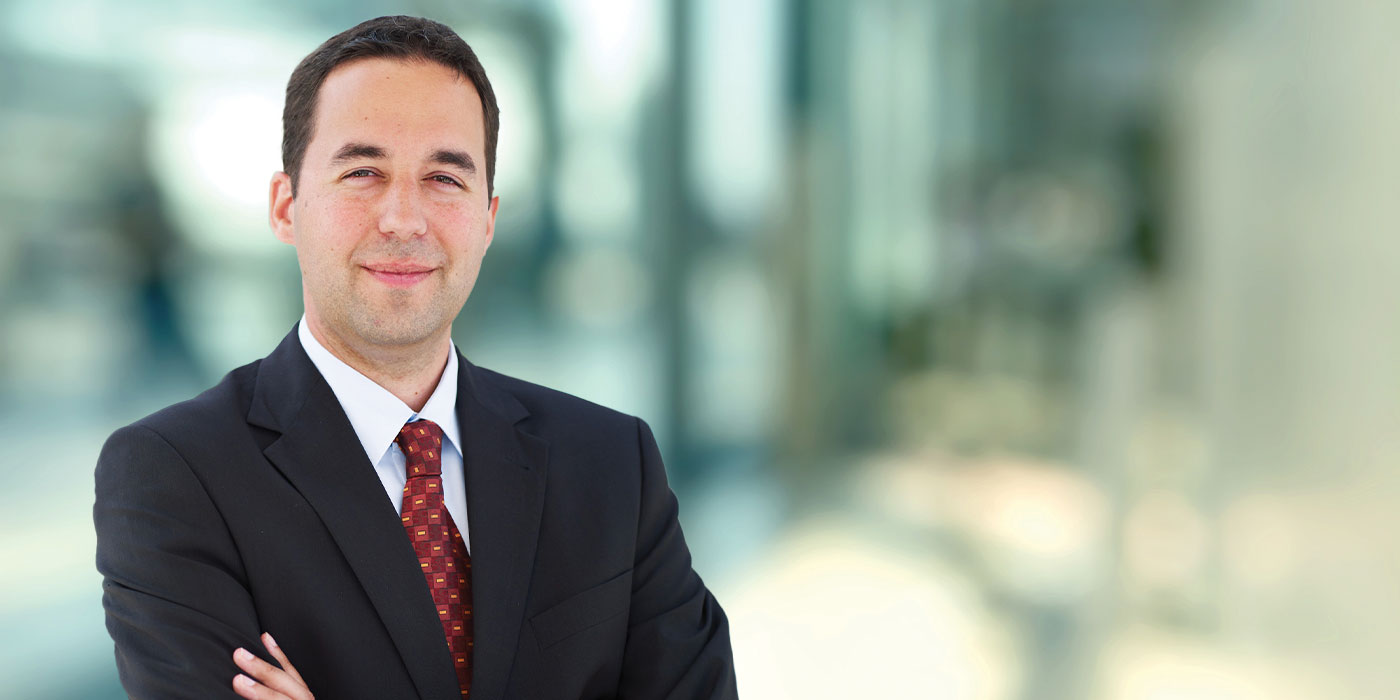
Rebuilding for the new resilience
Re/insurers have the tools to help create more resilient societies, but public, private and industry leaders all need to play their part as well, says Swiss Re CEO Christian Mumenthaler.
The insurance industry warned of the potentially devastating effect of a pandemic 13 years ago, says Swiss Re CEO Christian Mumenthaler. In 2007, he co-authored a paper on influenza pandemics together with other chief risk officers from the insurance industry: “We looked at the circumstances under which the 1918 Spanish flu broke out and asked what the impact would be if a global influenza pandemic happened again.
“Many of the predictions we made in 2007 sound almost prophetic today. We thought that an outbreak would likely start in Asia, and quickly spread to other regions; the rapid spread could hamper timely preventive measures; central banks would react by lowering interest rates,” he writes in Reactions CEO Risk Forum 2020.
So why was the world not ready when the pandemic hit?
“Part of the explanation lies in behavioural economics: it requires a big effort to act on risks that you haven't experienced yourself in the past. Solutions were on the table, but the risk of pandemics was considered too remote by many companies and governments,” Mumenthaler believes. “We now have an opportunity, and an obligation, to rebuild resilience taking into account both societal and economic considerations – with sustainability at the core.”
Mumenthaler writes that risk considerations and public policy interests are likely to play a greater role in how businesses organise their supply chains in the future, especially for life-saving products like personal protective equipment, vaccines or medical supplies. Although supply chain redundancies will make them more costly, a shift towards diversification will strengthen resilience, he believes.
While the insurance industry contributes to stability by taking on risk, it's clear that even the combined resources of the entire industry are not enough to bear the financial burden of global shock events: “Something we didn't foresee in our CRO paper in 2007 was the unprecedented wave of lockdowns that swept across the globe and significantly increased the economic loss from this pandemic,” he concedes.
“To build on lessons from COVID-19, we must therefore intensify public-private cooperation and integrate economic impacts, including business interruption, in our pandemic risk models.
“Risk-sharing arrangements between the public sector and the re/insurance industry can address the accumulation potential of a pandemic, similar to the agreements which exist for threats like flood or terrorism. They would give customers clarity about what is or isn't covered and provide protection at an affordable price that would otherwise not be possible,” Mumenthaler says.
Check out Reactions’ CEO Risk Forum 2020 in our September issue, here.
